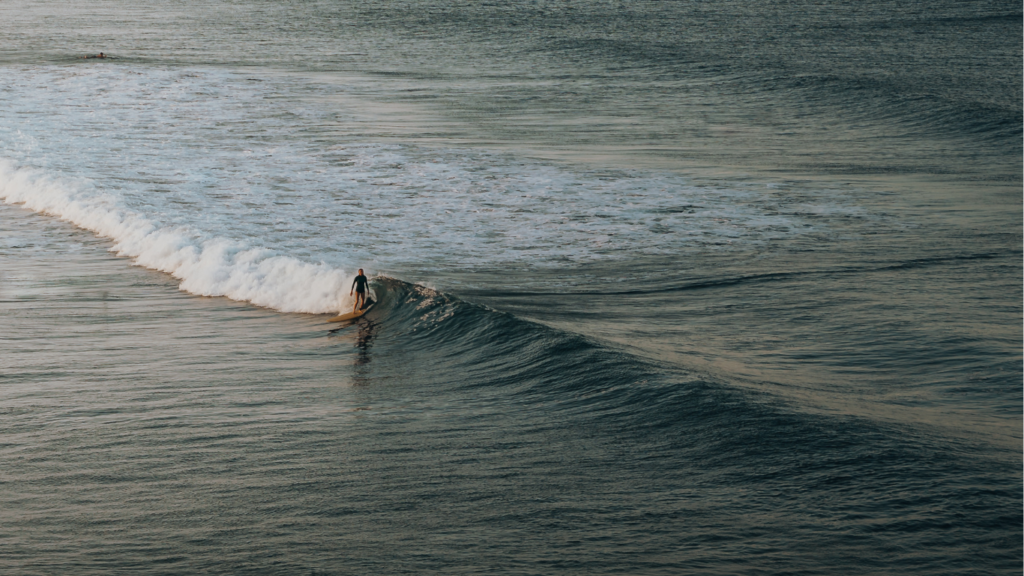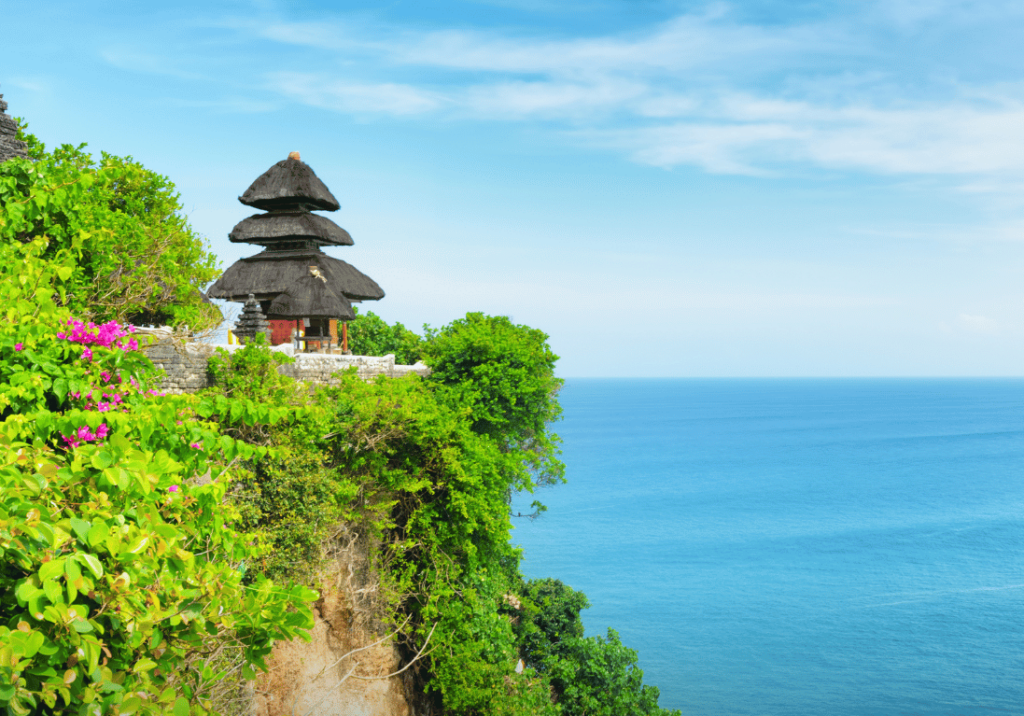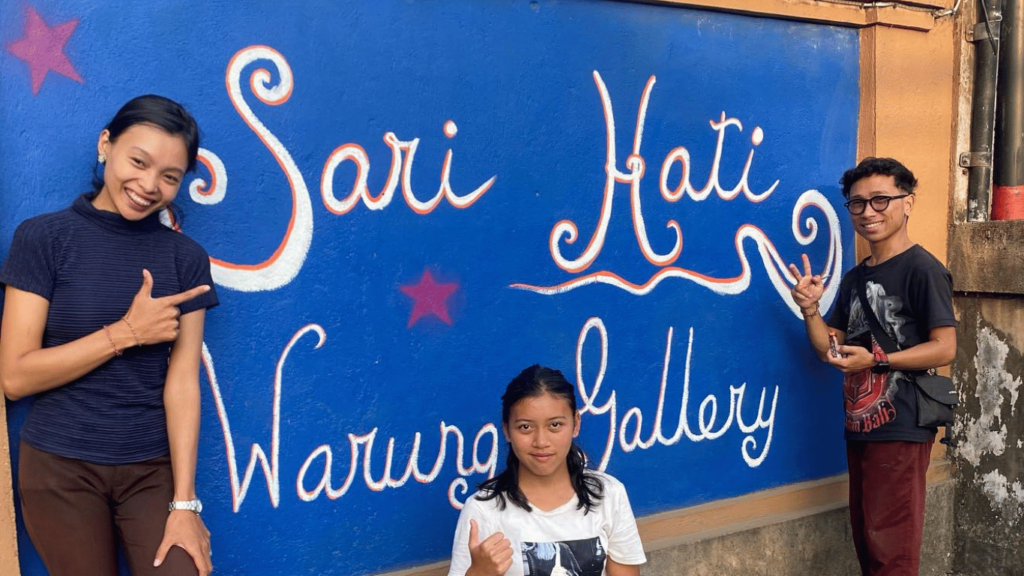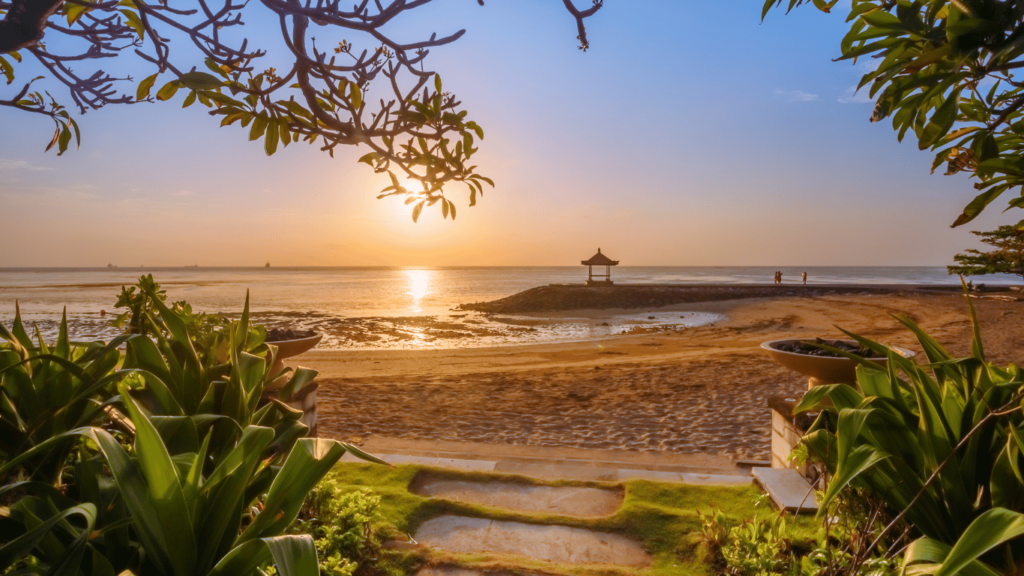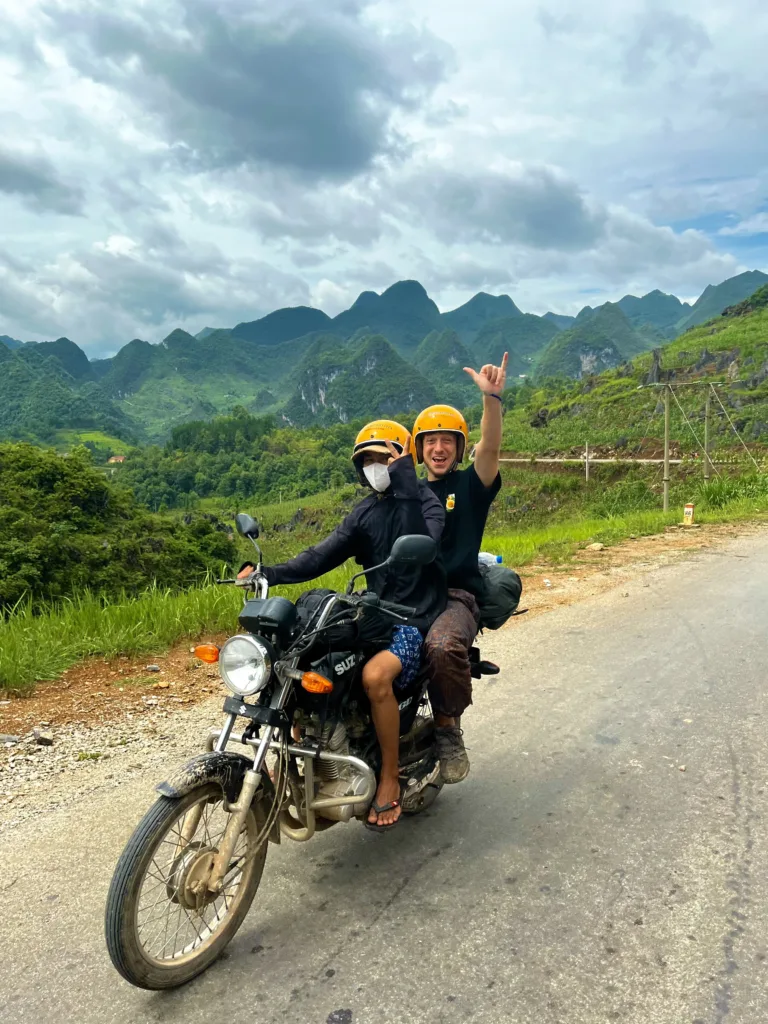Is Bali still worth it?
Bali is the heart of Indonesia, and is renowned as the go-to topical island escape chosen by travellers worldwide. But is Bali really worth it? While it’s true Bali has suffered with increased pollution and unsustainable tourism, it’s natural wonders, mystery and adventure are still unrivalled. The character of the island and people who call it home remain as beautiful and vibrant as ever, but it is us travellers who have changed, in both volume and attitude.
Explore this island with respect and it will reward you with memories too magical for words.

Ubud
Renowned as the island’s cultural and artistic epicenter.
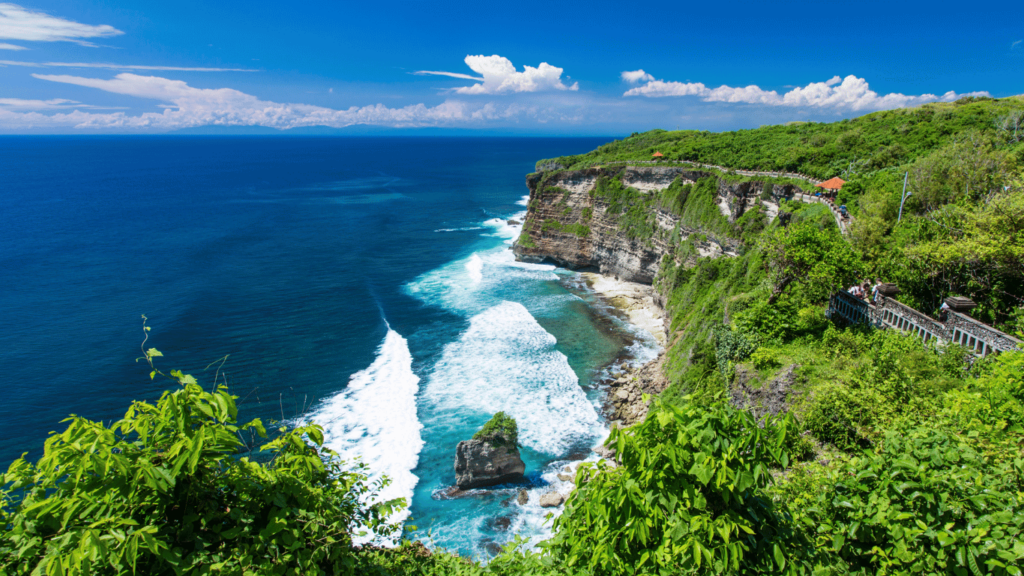
Uluwatu
a vibrant backpacker’s hub known for its stunning cliffside views, world-class surf...
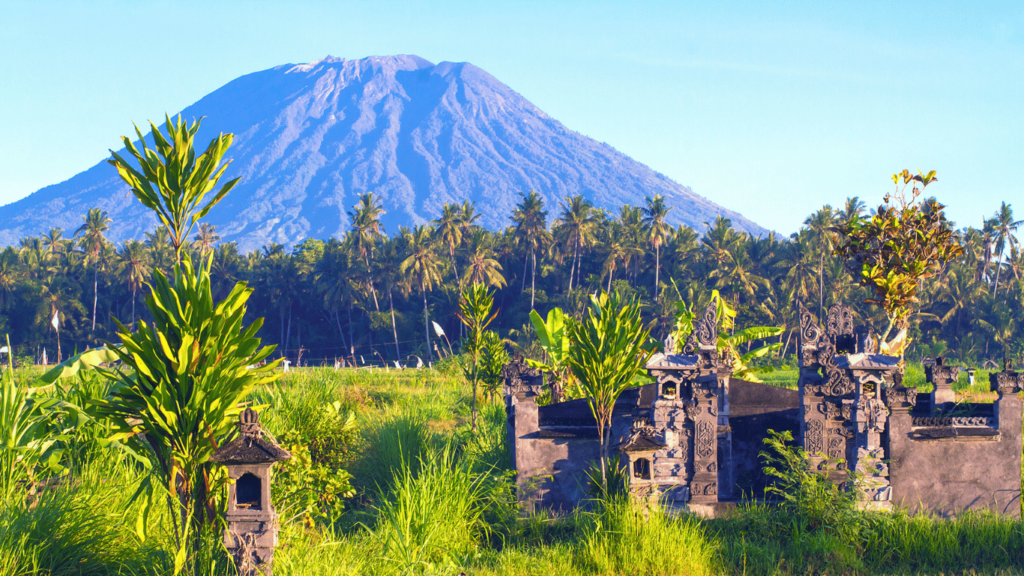
Sideman
The quietest rice fields in Bali
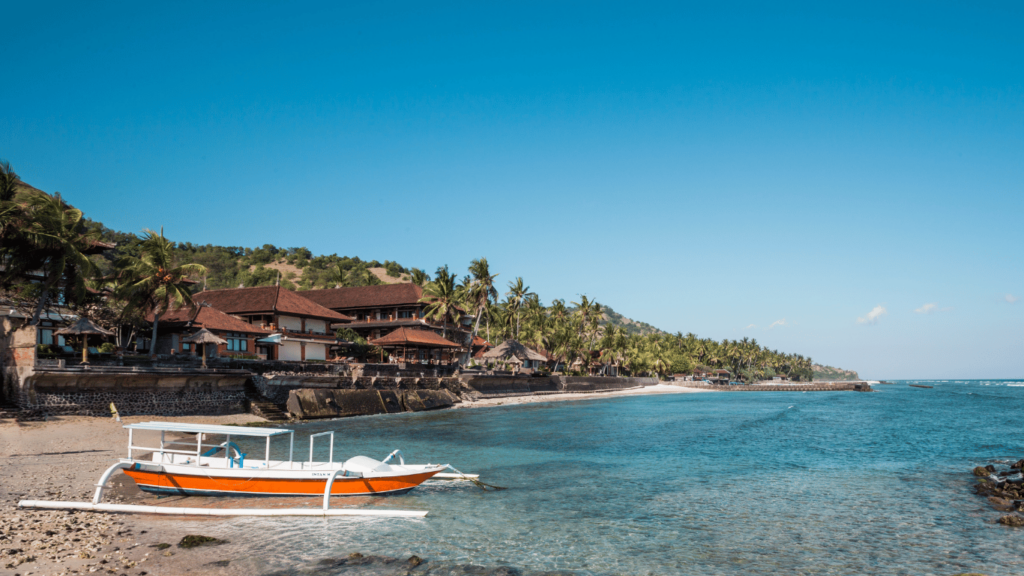
Candidasa
A laid back fishing village on Bali’s East Coast
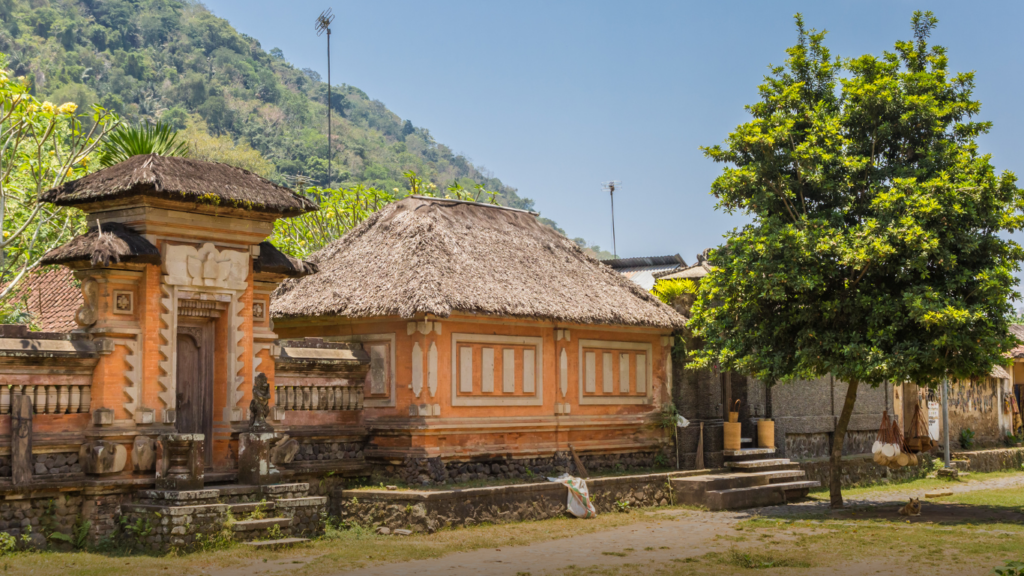
Tenganan
A Preserved Indigenous Village in Bali
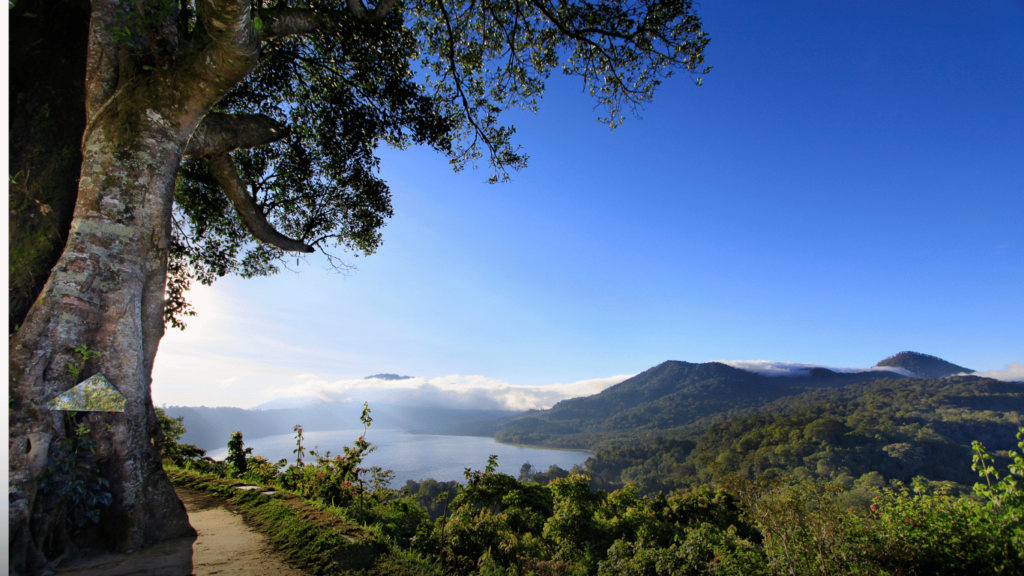
Munduk
An unexplored mountain village with nearby secret waterfalls
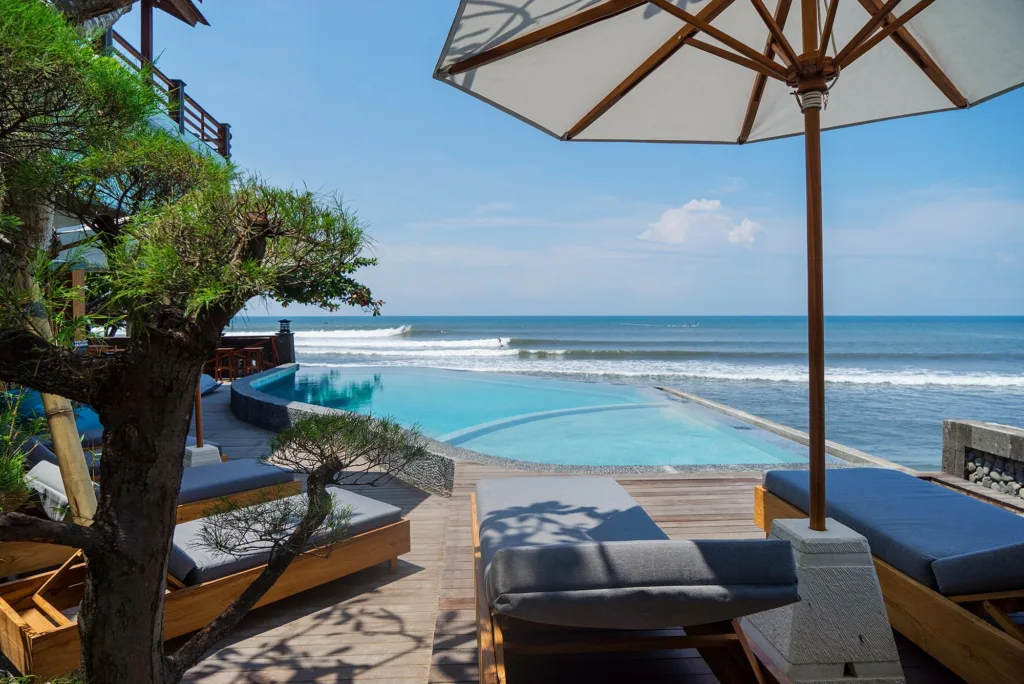
Medewi
A fishing village with a humble charm and worldclass surf spot.

Mount Batur
This active Balinese volcano, towering 5,633 feet above sea level.
Culture
In Bali ancient tradition and a deep connection to spirituality shape daily life.
The island’s unique form of Hinduism influences everything, from the vibrant temple rituals to the daily offerings that grace every home and business. Art and culture are inseparable here, with intricate dances, music, and craftsmanship passed down through generations.
The best advice we can give is to escape the classic tourist hubs and seek out an authentic representation of Bali’s true culture with the help of a local guide.
Nature
Bali’s natural landscape is as diverse as it is breathtaking, offering everything from pristine beaches to lush, terraced rice fields and majestic volcanoes.
The island’s environment is more than just scenery – it’s a sacred part of the Balinese culture. Whether you’re exploring coral reefs along the coast or hiking up the slopes of Mount Batur, the island’s natural beauty demands respect and mindfulness at all times.
But this natural paradise is struggling to cope with its overtourism. You can help by supporting locally owned hotels, restaurants, and businesses that live harmoniously with nature.
Cuisine
Balinese cuisine is a rich tapestry of flavours that reflect the island’s diverse cultural influences and natural abundance of ingredients.
Locally sourced ingredients, like fresh vegetables, fragrant spices, and tropical fruits, are at the heart of every dish. Meals are centered around locally sourced rice, complemented by an array of side dishes like Lawar, State Lilit, and the renowned Babi Guling.
In recent years you can find almost any cuisine in Bali but don’t you dare use that as an excuse to avoid the island’s delicious traditional delicacies.
Visas and Entry Requirements
Most backpackers gain a 30-day tourist visa upon arrival. However you can get a visa extension for a further 30 days at any immigration office.
For longer stays the other option is to use Indonesia’s official eVisa website and purchase a 60-Day Visa (extendable).
This lasts for 60 days and can be extended up to 2 times. Each extension allows you an additional 30 days (maximum stay of 180 days in Indonesia). These extensions can be booked through the same eVisa website.
BUT if you overstay your visa you will be fined 1 million rupiah per additional day.
Local laws and customs
Bali is predominantly Hindu, so dress modestly when visiting temples, covering shoulders and knees.
Public displays of affection are frowned upon, especially in rural areas.
Indonesia enforces some of the world’s strictest anti-drug laws. The country takes a zero-tolerance approach to drugs, treating marijuana with the same severity as hard narcotics.
Use your right hand when giving or receiving items, as the left hand is considered impolite.
Avoid raising your voice; Balinese culture values politeness and a calm demeanor.
Always respect local ceremonies and never disrupt them, even if they occur in public spaces.
Don’t stray into sacred sites, such as those used for utamaning mandala or madyaning mandala ceremonies, unless invited and properly dressed.
Safety
Petty crime is on the rise in Bali, so watch out for pickpocketing in crowded areas, and keep your belongings secure.
Traffic in Bali is beyond chaotic; it’s not the place to learn how to drive a moped so please just consider hiring a driver if you’re inexperienced.
Be cautious of strong currents and riptides at beaches, especially on the southern coastline near the Bukit Penisula. Even world-class surfers get regularly humbled in this ocean so stay where you can stand and stick to sheltered beaches.
Recommended vaccinations for Bali include Hepatitis A and B, Typhoid, and Tetanus. Depending on your itinerary and activities, you might also consider Rabies and Japanese Encephalitis. Consult a travel health specialist for personalised advice.
If cut by coral, apply a topical antibiotic to avoid getting a staph infection. Lime is often used as an alternative natural remedy and while this can sometimes work, it’s best to seek out medical assistance. It also stings quite a bit…
Tap water is never safe to drink, so stick to bottled water for drinking and brushing your teeth. Unlike most of Indonesia, the ice in Bali is usually safe to consume.
1
When is Wet Season?
The wet season in Bali graces the island from November to March. This period brings a lush transformation to the landscape, with daily downpours that typically hit in the afternoon or evening. Expect high humidity and occasional storms, but while the rain might dampen your plans occasionally, it also keeps the island vibrant, attracts fewer crowds, and more serene surroundings.
2
What; the best way to get around Bali?
For convenience, consider using ride-hailing apps like Grab or Gojek. Scooter rentals are popular for short distances but incredibly dangerous for new riders. For longer journeys, taxis or private drivers can be hired. Public transport is limited, so plan your travel options in advance.
3
Is climbing Mount Batur illegal?
Not yet… As of May 31, Bali’s Governor Wayan Koster announced a potential ban on climbing Mount Batur and 21 other mountains for religious reasons. This ban could become permanent, affecting hiking activities on these sites. For now, climbing Mount Batur is still permitted but subject to change based on further regulations. Always check the latest updates before booking hike.
4
Does the new premarital sex and cohabitation law in Indonesia apply to tourists?
The recent law regarding premarital sex and cohabitation in Indonesia has sparked significant concern, particularly on TikTok. Many have mistakenly believed that the law affects tourists as well. However, the legislation is directed primarily at Indonesian citizens and does not apply to foreigners. While it’s crucial to be aware of and respect local customs, tourists are not subject to these specific regulations.
5
Are there any important cultural festivals or events I should experience?
Bali hosts several vibrant cultural festivals throughout the year, including Nyepi (Balinese Day of Silence), Galungan, and Kuningan. These festivals offer a deep insight into Balinese culture and traditions.
6
What’s the typical cost of food in Bali?
In Bali, eating out can cater to a range of budgets:
- Local Eats: Dive into authentic Indonesian dishes like nasi campur or nasi/mie goreng at local warungs for around IDR 30,000 (USD $2.50).
- Mid-Range Restaurants: Enjoy a meal at a mid-range restaurant where prices typically range from IDR 100,000 to 250,000 (USD $12-20).
- Fine Dining: For a more luxurious experience, fine dining establishments charge between IDR 500,000 and 1,000,000+ (USD $40-80).
7
Where is the best place to learn to surf?
Kuta Beach is your ideal starting point. Known for its consistent, gentle waves and a wide, sandy stretch, it’s perfect for beginners.
For a slightly more laid-back atmosphere, Seminyak Beach is another excellent choice. It’s less crowded than Kuta but still provides ample opportunities for novice surfers.
On the Bukit peninsula most beginners head to Padang Padang or Dreamland.
8
How to avoid the Monkeys in Bali?
Stay relaxed and quiet. Avoid all eye contact and whatever you do don’t feed them. They are accomplished thieves so secure your belongings and hold onto your hats and sunnies.
The best deterrent is to poke a hole in your water bottle cap and spray any overly confident monkey.








